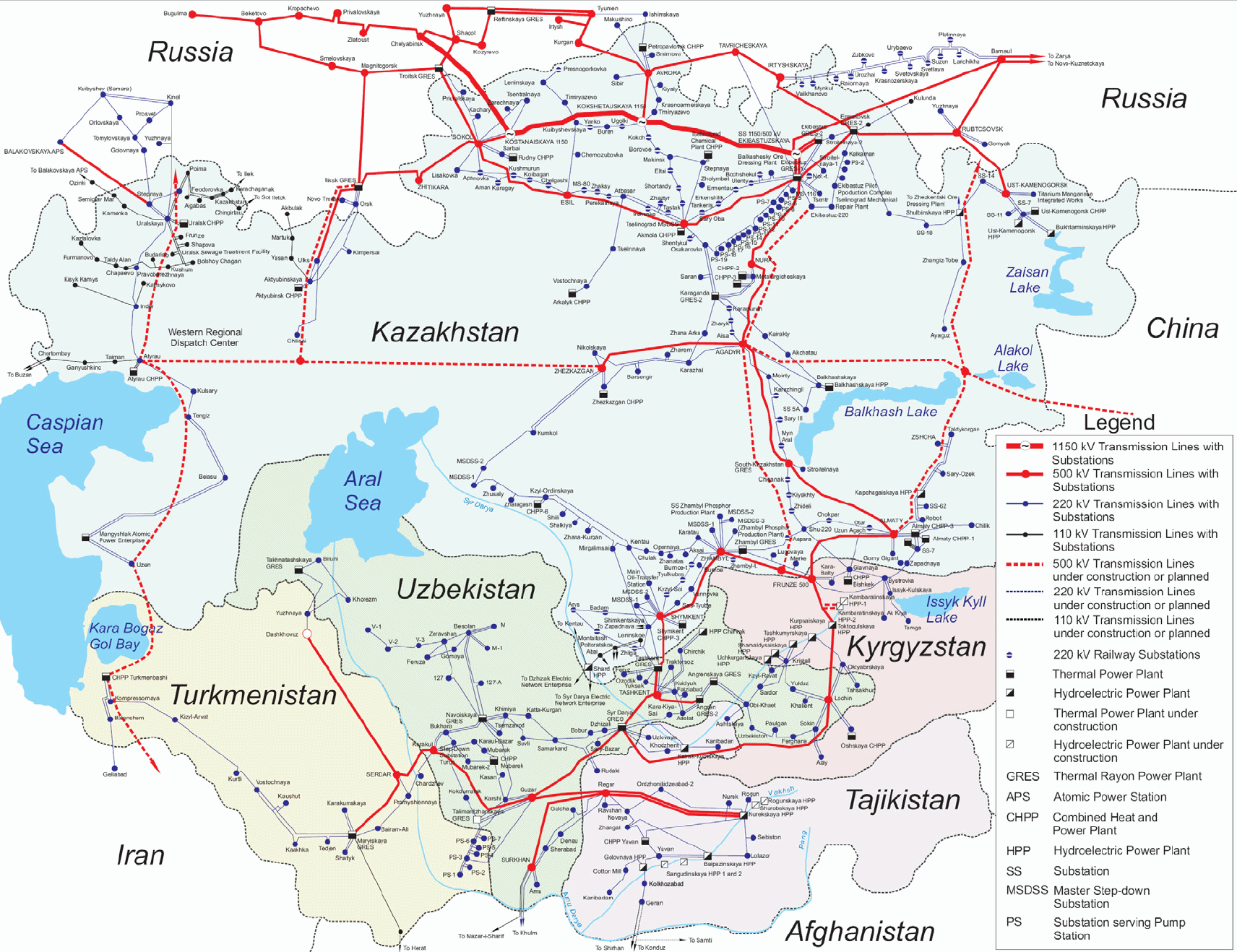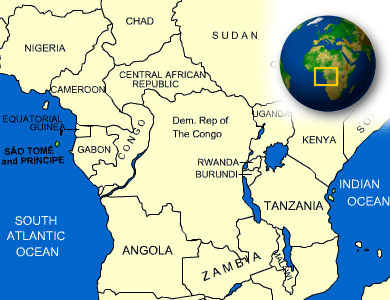"'We have a special responsibility for the region and because it makes economic sense,' EBRD President Thomas Mirow said in a joint statement issued by the international organizations today in London. 'For many years, the growing integration of Europe has been a source of prosperity and mutual benefit and we must not allow this process to be reversed.'Meanwhile, Balazs Penz and Agnes Lovasz at Bloomberg report that the Hungarian Prime Minister Ferenc Gyurcsany is lobbying the EU to arrange an aid package of €180 billion (~ $230 billion) for eastern Europe.
The EBRD will provide about €6 billion, the EIB about €11 billion and the World Bank about €7.5 billion, the statement said. The aid will take the form of equity and debt financing, credit lines and political risk insurance."
2. Eurointelligence reports that French unemployment grew by 90,000 in one month.
3. Mark Landler at the New York Times reports that the US will hold regular three-way meetings with Afghanistan and Pakistan regarding the prosecution of the war against the Taliban. It is fairly amazing to me that this is a new process, though the Times assures us it is so:
"[T]his week’s meetings involved a much larger cross-section of military and government leaders — among them foreign ministers and the heads of the Afghan and Pakistani intelligence services.From today's State Department press briefing:
'These were not just photo ops,' said Richard C. Holbrooke, the special representative for Afghanistan and Pakistan. 'Meetings in this configuration have not taken place.'"
"MR. WOOD: I think it’s pretty much understood by all parties that there is a link between Afghan and Pakistani security. The Taliban and al-Qaida are threats to both countries. And what we want to see is much closer cooperation between the United States, Pakistan, and Afghanistan, as we try to deal with these threats.4. Taghreed el-Khodary and Isabel Kershner at the New York Times report that at a joint news conference in Cairo, "Ahmed Qurei of Fatah and Moussa Abu Marzouk of Hamas announced the establishment of committees to find formulas for a Palestinian unity government and new elections." Hamas and Fatah expect the organizations to complete their work by the end of March.
It was a good-–a good discussion. There were a number of issues that were dealt with at this trilateral meeting. There will be future meetings. I believe the Secretary said that probably either-–I think sometime in late April or May would probably be the next trilateral meeting. It was a very good forum for trying to deal with these very, very thorny issues of security. And you know, the Secretary thought it was very useful to have, you know, representatives from, you know, both Pakistan and Afghanistan here together so that we could really talk about this threat to regional security that’s posed by al-Qaida and the Taliban."
5. Richard Meade at Lloyd's List reports that EU legal teams are nearing a multilateral agreement which will provide a legal framework for the prosecution of pirates generally in the Gulf of Aden and off the Somalian littoral. Kenya, Tanzania, Ethiopia and Egypt all potentially could have jurisdiction under the agreement.
"According to [Rear Admiral Philip Jones, the British commander of EU naval forces operating in the region] an agreement with Kenya is now in its final stages, while separate negotiations with several other states are continuing.6. Keith Johnson at Environmental Capital reports that Global Geo Services chief executive Knut Oversjoen told the media that a US company has expressed interest in purchasing its 'Persian Carpet' seismic study of Iran's offshore. "That data would be useful if US sanctions against Iran were dropped and US companies could bid for exploration leases."
The aim of the negotiations is to establish a legal mandate that will allow all EU forces operating off Somalia to detain pirates either on the high seas or within Somali territorial waters and subsequently land those suspects in a neighboring coastal state for trial and prosecution.
One key stumbling block has been a political desire within EU member states to avoid signing deals with countries that impose the death penalty."
7. Eric Watkins at the Oil & Gas Journal writes that Oil Movements reports that OPEC seaborne crude exports will fall to a five-year low by mid-March.
"However, the [consultancy] said that 'the reduction in sailings will (implicitly) still fall some way short' of the 4.2 million b/d in cuts that OPEC has decided upon in a bid to increase prices."
"'Over the next three months the normal seasonal direction for this series is northerly, and just holding on at current low levels would be a sizable departure from the normal pattern,' OM said.8. Platts reports that Abuja has announced it will fully deregulate the downstream sector, completely withdrawing the subsidy of petroleum imports.
Westbound sailings from the Middle East are 750 kb/d down on year ago at the furthest out date, and that difference will show up in arriving barrels heading into the second quarter.
But by implication, OM said, 'Hard volumetric evidence available from import and stock figures may not fully reflect supply changes that will still be working through the system by the time OPEC meets next month.'"
"The government's decision is sure to elicit protests from labor unions and the public who see subsidized fuel as the only benefit they enjoy from the country's oil wealth.As part of the same restructuring, Vincent Nwanma at Bloomberg reports that finance minister Mansur Muhtar and petroleum minister Rilwanu Lukman said on television last night that Nigeria will seek to sell its four refineries. The refineries have a total capacity of about 445 kb/d and are located in Kaduna, Warri and two at Port Harcourt. EIA estimates that Nigeria consumed about 271 kb/d in oil in 2007--the refineries, due to a variety of issues, have been running at about 214 kb/d.
The two powerful oil workers' unions, Pengassan and Nupeng, warned in 2008 that they would resist any attempt by the government to withdraw fuel subsidies."

9. Eliana Raszewski at Bloomberg reports that Buenos Aires is considering a plan to nationalize the grain trade in order to ensure that the domestic market requirements are met before basic foodstuffs are exported.
"Any such move would set back negotiations between the government and farm leaders, who are pressing for reductions in export taxes and fewer restrictions on shipping their produce abroad, said Nestor Roulet, vice president of the Argentine Rural Confederation. Last year, the country’s farm groups withheld grains and blocked highways during a four-month protest against planned tax increases and a ban on beef exports."10. Catherine Rampell at the New York Times reports that the Bureau of Economic Analysis revised its GDP growth numbers for the fourth quarter down from a 3.8% decline to a 6.2% annual rate of decline. (For the initial estimates, which were widely regarded as way too optimistic at the time, see Daily Sources 1/30 #18.)
11. Margot Habiby at Bloomberg reports that the US rig count is down to the lowest seen since January 2005 to 1,243 according to Baker Hughes.










.jpg)











